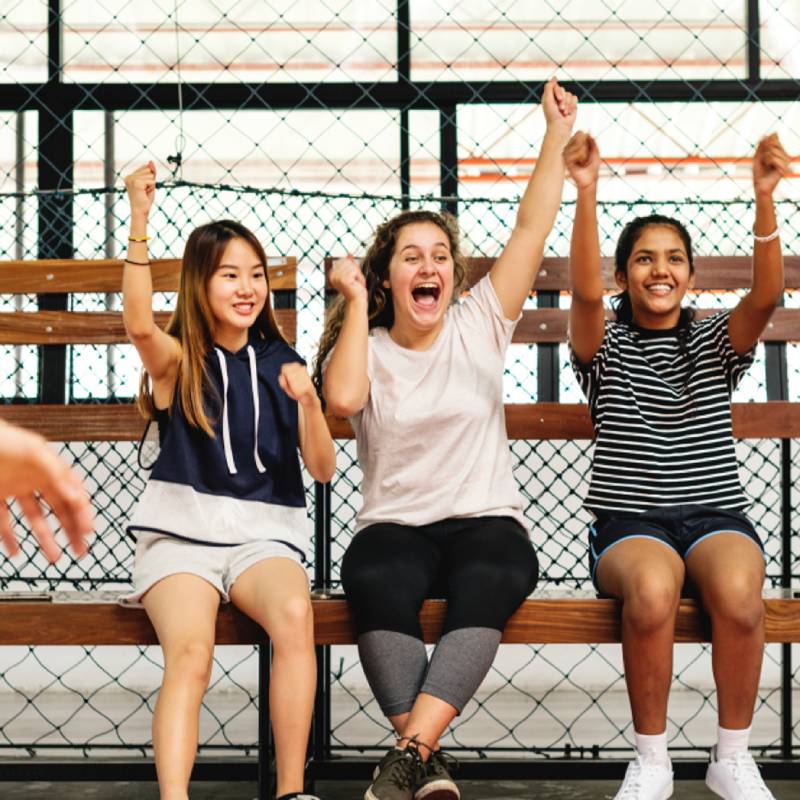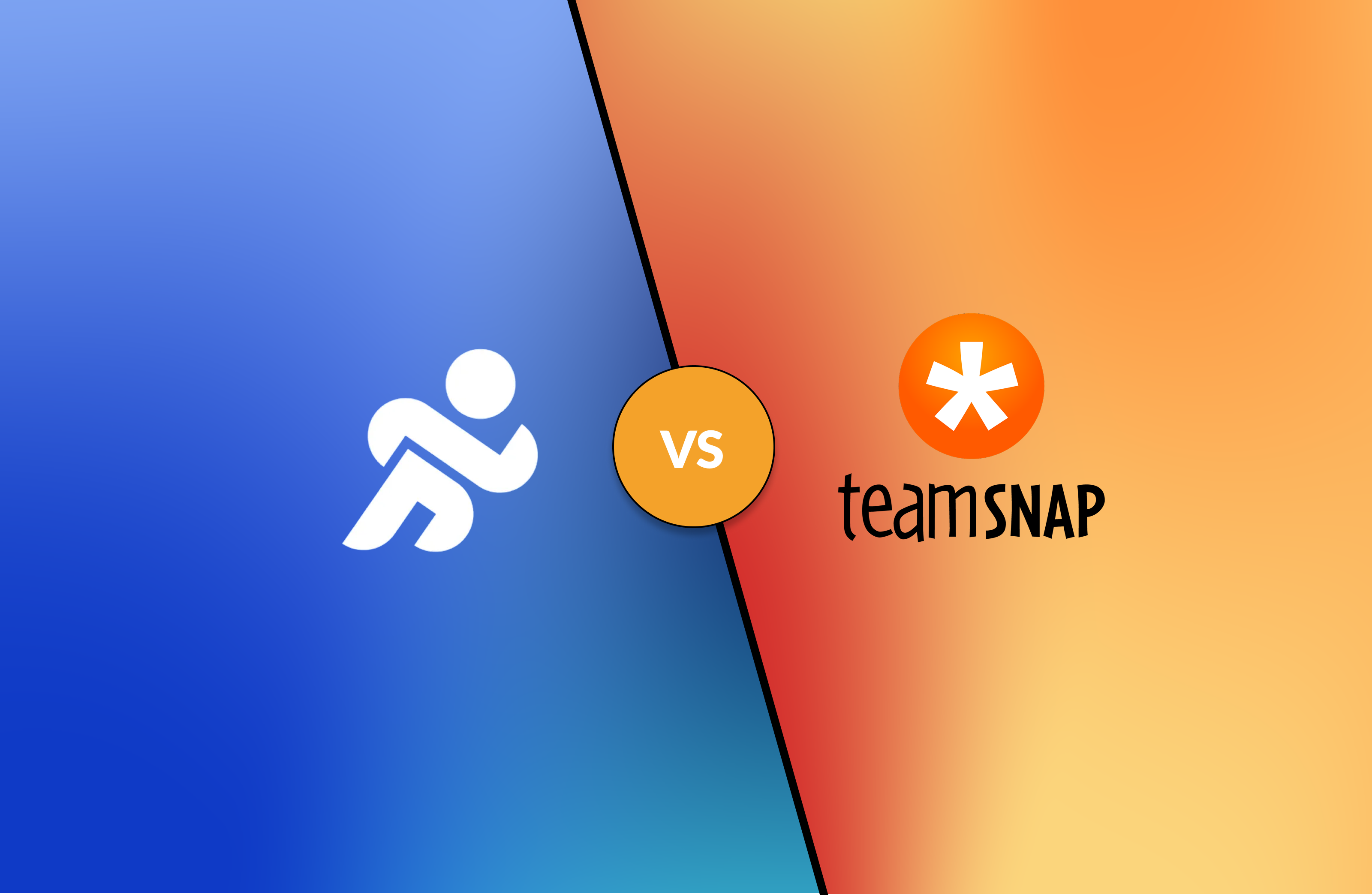6 best practices for managing your school’s sports and cultural groups

As a sports manager, team management can take up a lot of space in your already hectic schedule, especially if you lack organization. By optimizing this task, you’ll be able to spend more time on other priority tasks. Cultural and sporting activities are an important part of the school experience for many students. These activities not only create a sense of community, but also promote physical and mental health. However, managing and organizing sports and cultural activities can be a major challenge for you and the other staff members involved. Here are six best practices to make the process easier, more efficient and more enjoyable for everyone.
Clear communication
Promoting clear communication is a crucial part of managing any group. It’s especially important in a sports or cultural group. So make sure that all members know their group’s objectives, expectations and plans. You can also encourage open and clear communication between members and leaders. Regular meetings, e-mails or group discussions can help ensure that everyone is on the same wavelength, and that any problems or concerns are dealt with in good time. In short, it’s important to find a secure means of communication that works for all group members.
Proper organization
Good organization is integral to the smooth running of activities. For this reason, each person in charge of the activities needs to have a clear understanding of the tasks they have to perform and what is expected of them. You can encourage these leaders to work together to make decisions, set objectives and ensure that groups are properly guided.
Moreover, a well-organized and detailed calendar is essential to ensure that groups have enough time to train and compete (for sports teams), and that activities and events run smoothly. Be sure to take vacations, school breaks and other important events into account when creating your calendar. This will help avoid conflicts and ensure that everyone knows what to expect.
Encourage all students to participate
For sports teams and events, they’re a great way to promote physical activity and a healthy lifestyle. For this reason, encourage the participation of all students, whatever their skill level or athletic ability. To do this, offer a variety of sports and activities, provide opportunities for skill development and improvement, and above all, create a welcoming and inclusive environment where everyone feels at home.
Cultural activities are a great way to bond with others, as well as to develop new skills and interests. Encouraging students to participate regardless of their abilities and skills in the activity is a good way of demonstrating inclusivity. By encouraging the participation of all students, you can ensure that everyone has the opportunity to experience new activities that can have many benefits for their physical and mental health. This can help you get enough students involved to make the activity happen.
Foster a positive culture
To ensure that these activities run smoothly, it’s essential to foster a positive environment. You can start by defining a clear code of conduct. There are several ways to ensure that your school has policies that encourage good behavior within the group and discourage bad behavior. It can be as simple as posting it on the wall or sending it by e-mail. Whichever method you choose, make sure all members are aware of it so they can follow it without having to be informed directly every time something happens. Don’t forget to mention the consequences of non-compliance with the code of conduct.
And make sure there’s a way for students to enforce the code of conduct when someone breaks it. Also, make sure there’s a way for them to report inappropriate behavior anonymously if they don’t want anyone else to find out who reported them. Finally, if something does happen in one of the sports or cultural groups, it’s important to have an action plan in place to deal with it.
Encouragement and recognition
As you may know, encouragement and recognition are important for maintaining motivation and commitment within the group. So remember to recognize the contributions not only of the students in a group, but also of the group as a whole. You can organize events to celebrate their successes and milestones. This could mean awarding certificates or trophies, recognizing members at meetings or organizing events to celebrate achievements. This is sure to boost morale and foster a sense of community.
Put student safety first
Students’ health and well-being must always be a top priority. Make sure your groups have access to equipment and facilities appropriate to the activity. In the case of sports activities, ensure that coaches are trained in first aid and injury prevention. Consider implementing a concussion protocol to ensure that players who suffer a head injury receive appropriate care. They should not be allowed to return to the game until it is safe to do so.
As for cultural activities, some may involve the use of potentially dangerous products (e.g. science), so make sure that laboratories and facilities are appropriate to ensure everyone’s safety. By putting student safety first, you can help prevent injuries and ensure that students can enjoy the activity in a safe and healthy environment.
In short, managing and organizing sports and cultural groups can be a major challenge, but it’s also an enriching experience that can have a positive impact on students, parents and the whole school community.
Don't miss our new year-end gala organization guide!
Karl Demers



